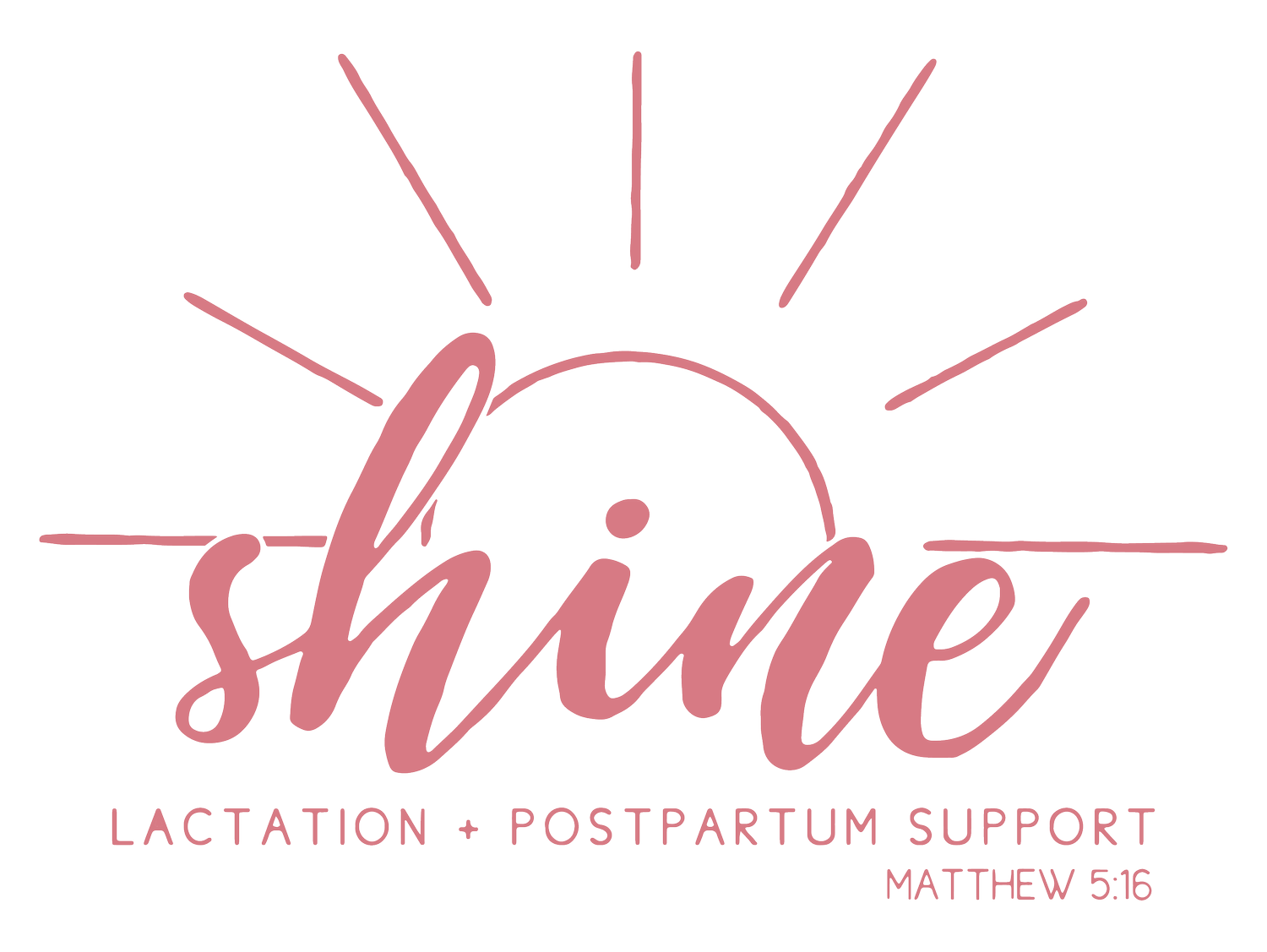What role does hydration have in optimal breastfeeding?
If you are living in Kansas like me, you are experiencing some significant heat as we begin the month of August. Activities in the summer almost always include being outside at least some part of the day. Hobbies such as gardening, walking, bike riding, swimming—all wonderful ways to stay active, but can take a toll on you when temperatures rise to dangerous levels.
Babies should not be exposed to extreme heat if at all possible. In fact, newborns in particular have a difficult time in temperature regulation—whether it be heat or cold. We love for you to expose your baby to sunlight as the benefits are numerous. Using the morning time when temps are cooler is an excellent time to provide sun exposure, take short walks, etc. You may notice that your breastfeeding baby is going to breast more frequently. This is normal and a way that babies maintain their hydration as breastmilk is mostly comprised of water. Because of this, additional water should not be given to your baby under 6 months of age. Breastfeeding and formula feeding your baby is adequate through 6 months of age.
Additional water and hydration is important for breastfeeding mothers. Our bodies are designed to alert us to when we need more water. Thirst is our body’s way of sending us a message to increase hydration. In fact, our counsel for breastfeeding moms is to “drink to thirst”—meaning, don’t let yourself become thirsty. Which is a great counsel for all of us!
A breastfeeding mom who is dehydrated is not on an even playing field as a breastfeeding mom who is well hydrated. We will see changes in milk supply if a mother does not adequately balance her hydration and electrolyte loss. It is important also to understand that a well-hydrated mother will not increase her milk supply by adding in additional hydration. Hydration is important in the support of milk making, but it does not make milk.
I often get contacted by breastfeeding mothers regarding ways to increase milk supply. This is always something that needs further conversation to understand why she is asking the question. Does she believe her milk supply is low? Has she noticed a dip in her supply? If the answer to this question is that she has noticed a change in her supply, then we discuss other things happening in her life. Returning to work, beginning to exercise, baby sleeping at longer intervals at night, or return of menstruation to name a few possible contributing factors.
I always ask the question about mom’s hydration and electrolyte replacement. Breastfeeding or not, it is important to maintain hydration and replace electrolytes if needed.
I was introduced to LMNT this past year and it has been a game changer for me and my family. Most all of us are active either working out in the gym or involved in sports practices to where electrolyte replacement has been a necessity. LMNT has a surprising composition of sodium, magnesium and potassium. I was so impressed by it, that I contacted the company to make sure this would be ok to suggest to breastfeeding moms who are looking for electrolyte replacement. I have even considered carrying it in my office. Steve and I just spent a week in beautiful Jackson, WY where we hiked, rode horse, did river floating and hiked some more all in high temps and high altitude. We were waking up with headaches each morning and a bottle of water mixed with LMNT took care of the dull ache within minutes. We are believers! You can get a free trial pack of the different flavors with a purchase through this link.
Bottom line, no matter how you hydrate and replace electrolytes, it is important for all of us—breastfeeders and NON-breastfeeders alike! Here’s to powering through the last few dog days and weeks of summer!
As always, if you are a breastfeeding mom having concerns regarding building and/or maintaining a milk supply, please seek a lactation professional for advice and counsel. If you are needing a lactation consultant, I am available for office, in-home (special considerations) and via Videocare appointments. Your lactation support could be covered for FREE. Click here to check!
**this blog post contains affiliate marketing





